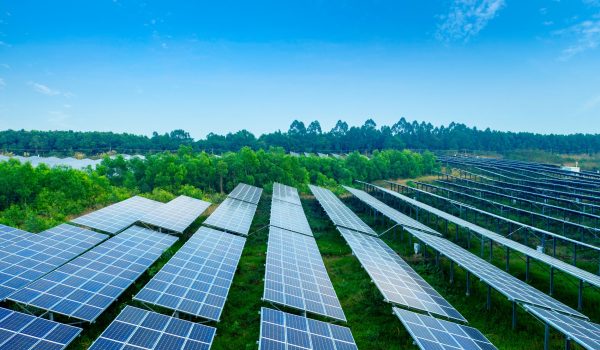Het vergroten van het aanbod betaalbare computers
Beleidsdebatten over de digitale kloof richten zich vaak op de ongelijkheid in beschikbaarheid en kwaliteit van internettoegang. Ongelijkheid qua apparaten wordt echter vaak over het hoofd gezien ondanks dat het hardnekkig en wijdverspreid is. Dit systematisch literatuuronderzoek presenteert daarom bevindingen uit beleidsonderzoek over het aanbod van goedkope computers met een groot scherm.
Met behulp van het raamwerk van innovaties is het beleid uit drie verschillende sectoren verkend – e-waste, recht op reparatie (R2R) en digitale inclusie. Hiermee is bepaald of deze beleidsmaatregelen kunnen dienen als oplossing om zowel digitale ongelijkheid als e‐waste te verminderen. Daarnaast is onderzocht of via de beleidsmaatregel arbeidsmarkten voor tweedehands apparaten worden versterkt.
Dit onderzoek bekijkt een breed scala aan beleidsmaatregelen, zoals het aanmoedigen van hergebruik bij consumenten of het introduceren van een ‘repareerbaarheidscore’ op producten. Deze maatregelen zouden zowel de levering als de distributie van betaalbare apparaten aan consumenten met lage inkomens kunnen optimaliseren. Daarnaast hebben deze maatregelen de potentie om meer belanghebbenden te betrekken bij het behalen van digitale gelijkheid.
Other relevant publications
The role of extended producer pesponsibility (EPR) in the energy transition
Analysis of the implementation of EPR for batteries in electric vehicles, solar panels, and wind turbines
Report collection for reuse at recycling centers
This report analyzes pilot projects in the municipalities of Amersfoort and Zwolle aimed at promoting the reuse of electrical appliances through recycling centers.







